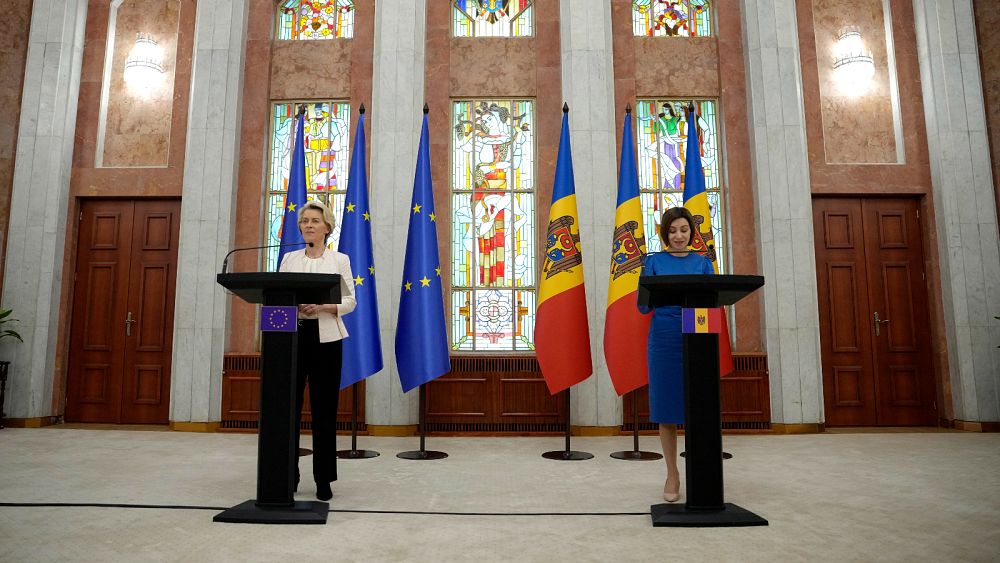Skydance and Shari Redstone’s holding company are offering a $3bn investment in Paramount in an effort to win support for a complex merger that has frustrated investors and led to the departure of the Hollywood group’s chief executive.
The offer, which includes $2bn in cash to common shareholders, came as Paramount chief executive Bob Bakish resigned on Monday, raising new questions about the future of the Hollywood group behind The Godfather.
Redstone said on Monday: “The board and I thank Bob for his many contributions over his long career . . . we wish him all the best.”
Redstone and Paramount’s board, which she chairs, have been trying to agree a deal to merge the company with David Ellison’s Skydance, the production company backed by his billionaire father, Larry Ellison, as well as RedBird Capital and KKR.
Under the latest terms of the deal, Skydance would buy Redstone’s National Amusements for less than $2bn, not as much as previously discussed between the two sides, said people briefed about the matter.
Those people added that Paramount would then merge with Skydance, valuing Ellison’s company at about $5bn in an all-stock deal. The combination would value the existing common shares of Paramount about 30 per cent above its current trading share price.
The Ellison-led consortium would also invest a further $3bn in the combined company, the people said. Two-thirds of the investment would pay cash to holders of common shares by buying back their stock, with the remainder used to reduce Paramount’s debt.
Shareholders would have the option to either sell their shares in Paramount or keep the stock of the combined company, or a combination of the two, as the buyback would be limited to a maximum amount of $2bn. Paramount’s Class B common shares have a current market capitalisation of about $7bn.
Paramount has a dual-class shareholding structure. Redstone’s NAI controls nearly 80 per cent of voting rights, but holds only 10 per cent of equity ownership. Many Paramount shareholders baulked at a previously proposed merger structure, which they argued would benefit Redstone at the cost of common shareholders.
Redstone would remain an investor in the combined Paramount-Skydance, a move that aims to show her conviction that the Ellison-led group would turn round the fortunes of Paramount, which has struggled to compete with larger rivals such as Netflix in an expensive “streaming war”.
“There will be more alignment between [Redstone’s] interest and shareholders than before,” said one person familiar with the arrangement.
The Paramount board has set up a special committee to evaluate the plan.
Paramount on Monday said a team of three executives — George Cheeks, Chris McCarthy and Brian Robbins — would replace Bakish, establishing an “office of the CEO”.
Bakish, who had worked at the company and its predecessor Viacom for a quarter of a century, had previously been an ally of Redstone, who promoted him to chief executive of Viacom in 2016. But their relationship has deteriorated in recent months, according to several people familiar with the matter.
Bakish was paid a total of $31.5mn in 2023, according to a regulatory filing.
Private equity group Apollo, in partnership with rival studio Sony, is also preparing to bid on Paramount as soon as this week, according to people familiar with the situation. Paramount recently rejected Apollo’s $26bn all-cash offer, and four members of the Paramount board have since withdrawn their names for re-election in June.
Paramount on Monday reported a net loss of $554mn on $7.7bn in revenue in the first quarter. The company did not take questions on its earnings call, which lasted less than 10 minutes.
“There’s no dressing this up — looks like a car crash with clear divisions among key stakeholders,” said analyst Paolo Pescatore at PP Insights.
“The latest chapter in this ongoing saga looks to be taking another turn for the worse.”




/cloudfront-us-east-1.images.arcpublishing.com/gray/LSKUQGYRINCVTOATWUB2XYBTRY.PNG)



























